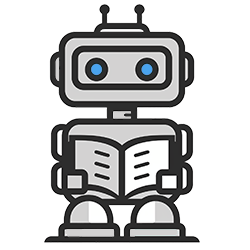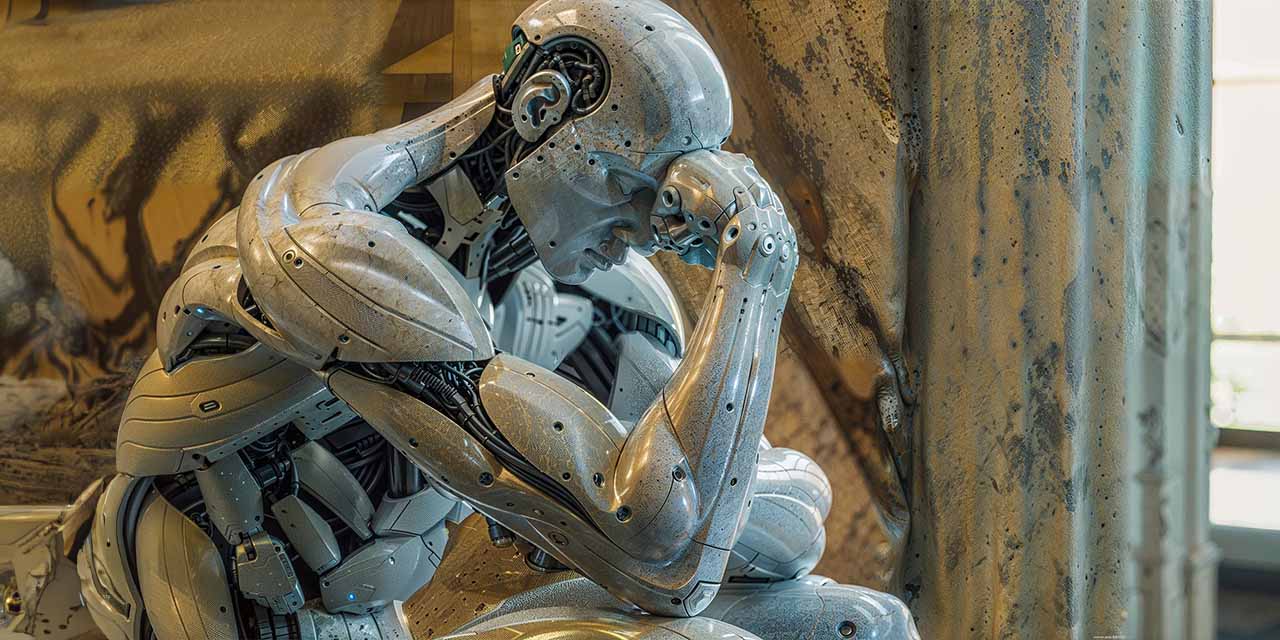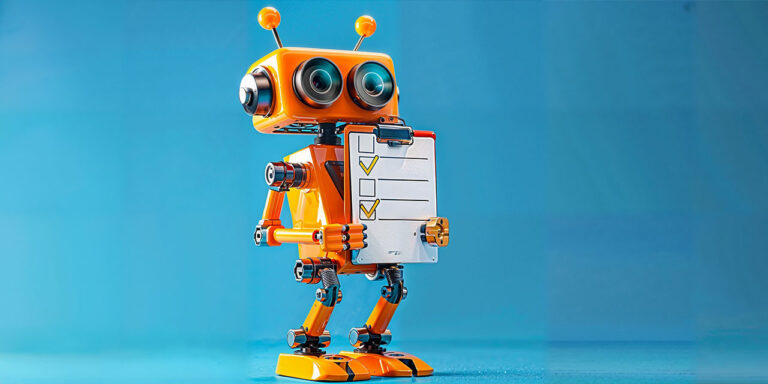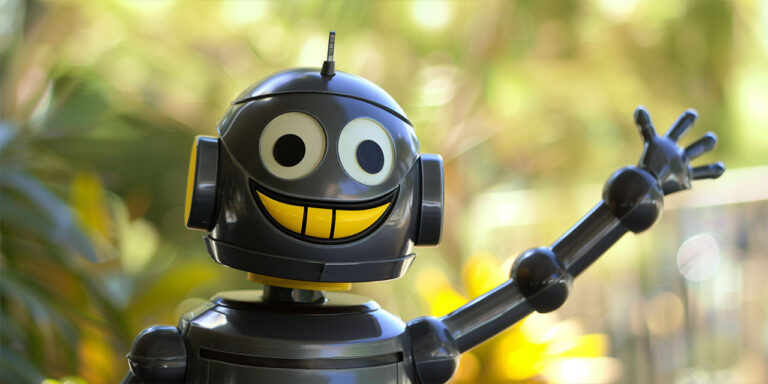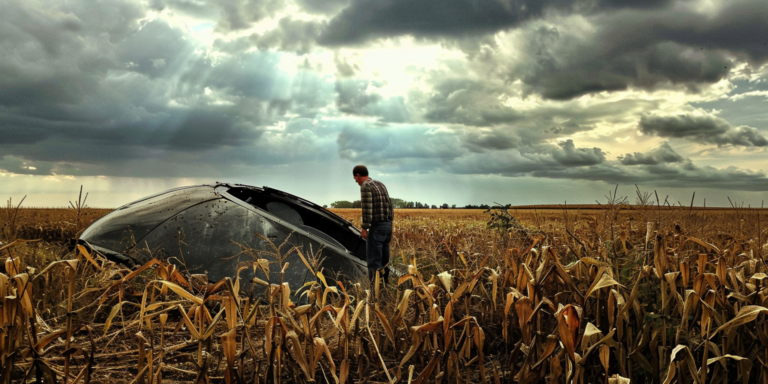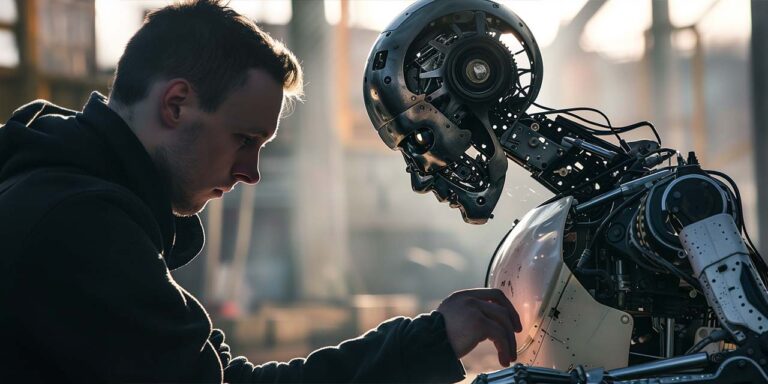Frequently Asked Questions
I TRIED IT AND IT SUCKED
That’s not a question but ok. Yes! Sometimes it sucks. There’s a few things in play here:
- There’s different versions with different capabilities. Earlier versions which are easier to access are quite a bit dumber than the versions that paying users get access to. Many of the most egregious mistakes we see it make are done with models that are quite old.
- The nature in which it creates comes down to statistics. It looks at the probability of the next word and goes from there. Just as rain occasionally happens on a day that’s 90% sunny, sometimes it gets words wrong, which cascade from there.
- It’s programmed to be helpful, and sometimes that enthusiasm to please you ends with it making up an answer instead of admitting it doesn’t know.
- With every iteration, these “hallucinations” have decreased, so we can expect them to smooth out as time goes on.
ALL THE NAMES ARE CONFUSING
Tell me about it. The truth is it’s made by nerds, it’s incredibly early, and it’s progressing faster than we’re used to.
IS THIS THING GONNA KILL US?
The pessimistic answer is “maybe”. The optimistic answer is “probably no faster than we’re going to kill ourselves.”
IS THIS THING GONNA MAKE EVERYTHING BETTER?
There is a real possibility it may. Humans and technology have a funny history in that we’re scared of most new things, and it usually works out. It’s never a simple formulation of “new tech = better” but on the whole I think it can be argued that while people feared the printing press, automobile, and internet, those things ultimately became net wins.
AI could end up dwarfing those things in importance. Humans have limitations on how many connections we can make and patterns we can match. This makes solving problems like climate change and cancer extremely difficult. There’s reason to believe when we solve issues like this, AI will be a huge factor.
WHAT ARE THE CHANCES THIS IS ALL HYPE?
There’s certainly a chance. Some believe the hallucinations we see in ChatGPT are essential to its “creativity” and they can never be fully removed from the system. Others believe we’ll hit a ceiling of how far this “what’s the percentage chance of the next word” can take us. Some believe concepts like consciousness, creativity, and thinking are so hyper-complicated we’ll never be able to replicate them.
IS THIS GOING TO TAKE MY JOB?
There is a certain type of job and a certain type of person who are at high risk. Countries with a high volume of call centres (such as Jamaica) could be caught in the first wave as we rapidly approach voice-enabled AI bots that have infinite patience, higher familiarity with the systems, and can speak in the same accent as the caller.
Other people will remain quite safe for a time, but it’s difficult to forecast what things will look like in 5 years. For example, it’s commonly felt that blue collar jobs will be most safe, but that doesn’t seem to take into account that the field of robotics is about to have a quiet revolution as every robot is about to have an AI “brain.”
AREN’T KIDS GOING TO USE THIS TO CHEAT CONSTANTLY?
Oh ya. They already are. That said though, cheating has always been an option, but it is becoming far easier.
AI is just a calculator for the mind, and just as math education required a transformation with the advent of the calculator, other education will have to adjust to this. The task of AI detection will likely become too arduous for things like take-home assignments, so teachers will likely shift to different ways of assessing understanding.
